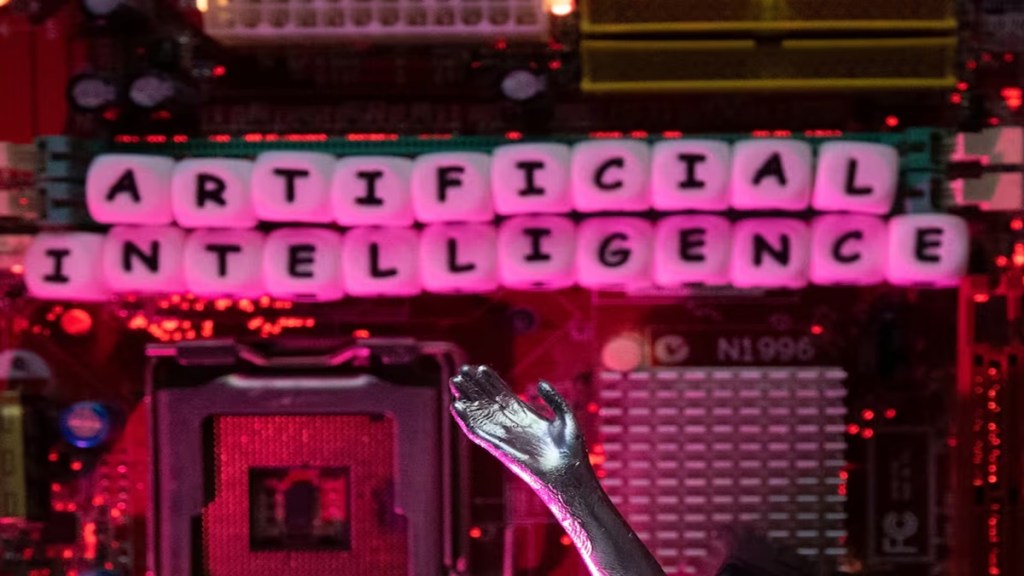OpenAI introduces an AI-powered framework ‘Swarm’ for multi-AI-agent collaboration. The company said that this framework would help AI developers and creators to connect with AI agents. Although this is an experimental framework and is made to build an AI ecosystem available for all.
Introducing Swarm
Swarm is an experimental framework to help AI agents work independently. This would help them to do complex tasks, solve AI-related issues and much more without the need for human interactions. OpenAI claims that Swarm is easy to manage and is made for easy agent collaboration. In addition to this it can also perform individual tasks such as data transformation or data retrieval. Currently, the Swarm code and resources related to it will be available for you on GitHub.
On October 15, in an X (previously X ) post, Shyamal Anadkat, an OpenAI researcher, made the announcement about the introduction of Swarm. In the post Anadkat explained “Swarm is not an official OpenAI product. Think of it more like a cookbook—experimental code for building simple agents. It’s not intended for production use and won’t be maintained.” Moreover, the code represents a trend for building multi-agent AI systems for enterprises. This would help them to meet the rising demand for AI.
So, how does Swarm work? The core of the Swarm framework includes two components. These are Handoffs and Agents. An agent can be defined as an AI entity equipped with instructions and tools capable of completing tasks autonomously. Also, if needed the agent can “hand off” the task to another agent. This eventually allows for seamless task delegation. No need for human intervention!
The way ahead
Naysayers argue that Swarm can pose a threat for white-collar workers. This is because the platform has high chances to result in job displacement. As Swarm is an automated platform, it doesn’t need any humans to look after it. This could eventually lead to layoffs. However, some say that this could also bring new job opportunities for people.
Follow FE Tech Bytes on Twitter, Instagram, LinkedIn, Facebook







